EV Battery
Electric/hybrid battery pack failure, replacement or malfunction, or cooling.
What Owners Say
"Main battery failure in early January. Requires replacement. Towed to dealership in January. Still waiting for battery shipment date. Estimated date is mid-May."
Anonymous, DE (2022 Chevrolet Bolt EUV Premier Electric)"It was first thought to be a software issue. CHEVROLET quickly provided a loaner at no cost and are currently addressing the problem."
Anonymous, ME (2022 Chevrolet Bolt EUV Premier Electric)


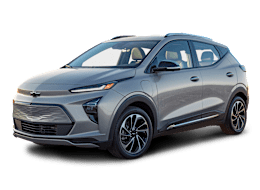
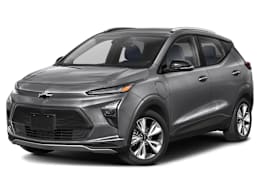
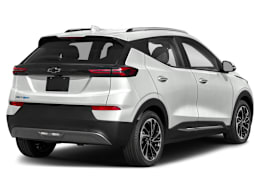
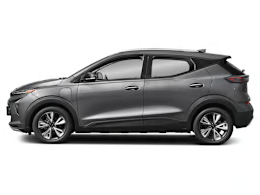
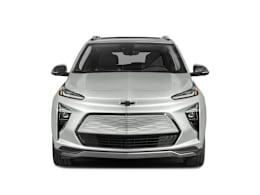
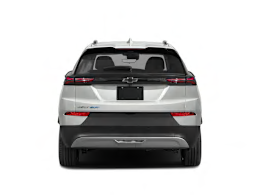
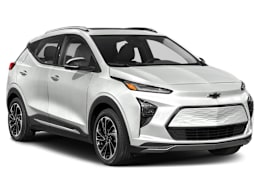
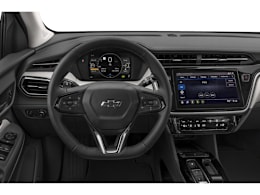

"Total battery failure. Took GM more than 100 days to replace battery during which I could not use the car or get it back."
Anonymous A., WA (2022 Chevrolet Bolt EUV LT Electric)